If you enjoy reading this blog, please leave a star rating on WealthTender. Thank you!
The manager of the huge passive balanced fund range is clearly conflicted
I have been writing for a while now about the issue of balanced funds being broken. In 2017, I wrote:
Are there ‘suitability’ issues in relation to putting clients into passive multi-asset funds that have massive bond risk? Back in 2008, the real 10-year Gilt yield was around 1%. Although this was low – 10 years earlier real yields were 4% - one could still justify buying Gilts on the basis that the real yield was positive. Fast forward to today and real 10-year interest rates in the UK are close to -2%. This means that if you buy them and hold them to maturity, your real return will be -2% per annum (-1.79% to be precise). To make money in real terms, real yields would have to fall further and you’d have to sell the bonds before maturity. But yields are already at -2%! Expecting them to fall to, say, -3% is, in my humble opinion, not investing but speculation. In the previous section, I mentioned four providers of the more popular passive multi-asset funds. If you consider their offerings that sit in the IA Mixed Investment 20-60% Shares sector, they generally have around 40% in equities. Where is the other 60%? All or mostly in bonds, where one has to be lucky to win. In other words, are these funds really suitable for your clients?
Two weeks ago, I wrote an article in Citywire titled Wealth Managers May Need A Complete Rethink about the inverted performance of risk rated funds. In between I've made numerous mention of the issue relating to bonds, one suggesting that they could represent The Next Mis-selling Scandal and, half seriously, that "Any adviser who put their clients into...Gilts, Treasuries, Bunds or JGBs, should be praying that their public liability insurance has been kept up to date."
Anyway, it's nice that the mainstream media is finally picking up on the story - see yesterday's FT article Vanguard’s low-risk UK strategies upended in 2022 market storm (subscription required).
The article states that "Vanguard’s £35bn UK Life Strategy funds range has been wrongfooted by simultaneous falls in bonds and stocks this year, leaving supposedly low risk portfolios nursing heavier losses than racier options." It is correct that the funds have been wrongfooted but it is not quite true that the falls in bonds and stocks this year have been "simultaneous". The falls in bonds have been much worse, which is why the supposedly low risk Vanguard funds that hold lots of bonds have fallen much more than the 'high risk' funds that don't. And not just this year but since mid-2020.
According to the article:
“It’s true to say that investors would generally expect lower-risk portfolios to perform relatively better when markets are performing badly,” said James Norton, head of financial planners at Vanguard UK. “Exceptions do happen, and this year is essentially one of those exceptions,” he added.
The topsy turvy period for Vanguard’s fund range is a prominent example of how the twin falls in stocks and bonds this year have upset conventional investment wisdom across the funds industry with harsh consequences for some retail investors.
Norton said he has a “huge amount of sympathy” for investors facing losses, but said the company’s research shows investors get better long-term returns by not reacting to or trying to anticipate short-term market moves. “When times are tough, human nature sets in. It feels like something is broken but it’s not,” he said. “Changing now, Vanguard would strongly urge, is not the right thing to do, whether you’re in Life Strategy or another portfolio that you built yourself.”
Mr Norton seems to think that this year's inverted bond/equity performance is an exception, recommending that investors hold their nerve. I would urge Mr Norton to take a look at how US balanced funds performed from 1965 to 1981: a low risk 80% bonds fund was down 45% in real terms, a high risk 20% bonds just 11%. 16 years is rather longer than 1 year.
As for Vanguard's research that he cites, I'd love to know whether it goes back far enough to be able to incorporate the last period of horrific bond performance from 1965 to 1981. Given its conclusion, I very much doubt it.
The article goes on:
Vanguard’s target-date retirement funds, which automatically tilt more towards bonds as they move closer to the client’s retirement date, were similarly afflicted. Funds with closer retirement dates lost more than those with longer horizons.
It is tragic that retirees are losing big at the very moment that they can least afford to. What if Mr Norton is wrong about this being a one year aberration? What then?
Next, the article notes that:
Vanguard has made inroads in the UK markets since it started selling funds directly to British buyers in 2017, adding 100,000 new clients so far this year. Life Strategy funds were three of the top five most-bought funds on Interactive Investor, the second-largest UK platform for DIY investors, in the first nine months of the year. So-called “balanced” portfolios that mix bonds and equities are a mainstay of the funds sector, on the basis that the counterweight of safe-haven fixed income will limit losses during downturns in the equities market.
The amount of money that has poured into passive funds, whether Vanguard's LifeStrategy funds, Blackrock's Consensus funds or others, is staggering. The companies are clearly conflicted when it comes to communicating messages about how long they think the poor bond performance will last.
Following the focus on Vanguard, the article then cites Kevin Doran at AJ Bell:
Kevin Doran, managing director at investment platform AJ Bell, said balanced portfolios across the sector have suffered as central banks shift from an era of easy money and try to fight inflation. “For a typical cautious portfolio with 80 per cent bonds, the theory is that a fall of more than 12.5 per cent should happen less than once in a hundred years. But in reality that is exactly what we’ve seen happen,” he said.
I would very much like to see the model on which Mr Doran's "once in a hundred years" comment is based. My guess is that it takes bonds' low short term volatility, assumes bond returns are normally distribution, and on that basis calculates the probability of a 12.5% fall over one year. If this is the case, the calculation is completely wrong. Bonds are always going to be lowly volatile on a short term basis so that is never going to give you any idea of what they can do on a multi-year basis - and indeed what they have done in the past. Rather than use short-term volatility, I would suggest to Mr Doran that he calculates volatility based on real 30 year returns, in which case he will find not only that 12.5% falls happen more often than once in a hundred years but that every few decades there can be a 10-15 year period in which bonds fall 60% in real terms.
The article finishes with:
Vanguard said its global investment committee had examined the unusual twin falls in bonds and equities this year, but concluded that in the long run the two types of securities were likely to revert to their normal pattern of moving in opposite directions. “We don’t change the asset allocation unless there is a fundamental shift in the market over the long term . . . We don’t think this positive correlation is the new norm,” said Mohneet Dhir, investment product manager, Life Strategy. “We are not moving the goalposts.”
First, I suspect Vanguard's investment committee is not taking account of what happens in sustained periods of high inflation as I think it should. Second, waiting for confirmation of "a fundamental shift in the market over the long term" will take years, by which time the horse may well have long bolted. Third, as previously mentioned, "positive correlation" could well be the new norm if high inflation persists, something that both history and theory say it might.
As for Mr Dhir's comment about "not moving the goalposts", the reality is that Vanguard has no choice - £35 billion is, after all, quite heavy.
The views expressed in this communication are those of Peter Elston at the time of writing and are subject to change without notice. They do not constitute investment advice and whilst all reasonable efforts have been used to ensure the accuracy of the information contained in this communication, the reliability, completeness or accuracy of the content cannot be guaranteed. This communication provides information for professional use only and should not be relied upon by retail investors as the sole basis for investment.
© Chimp Investor Ltd



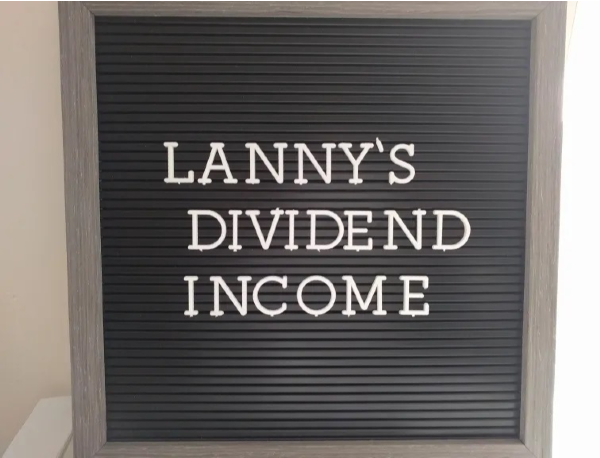
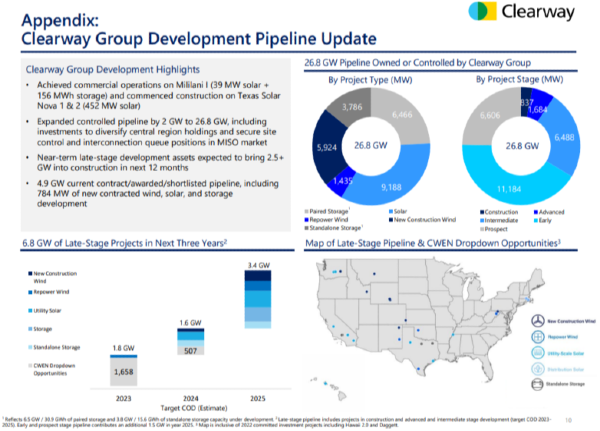
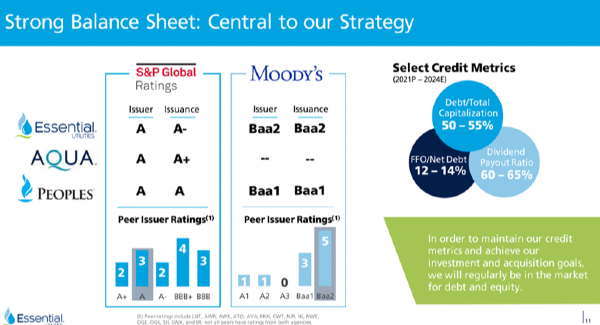


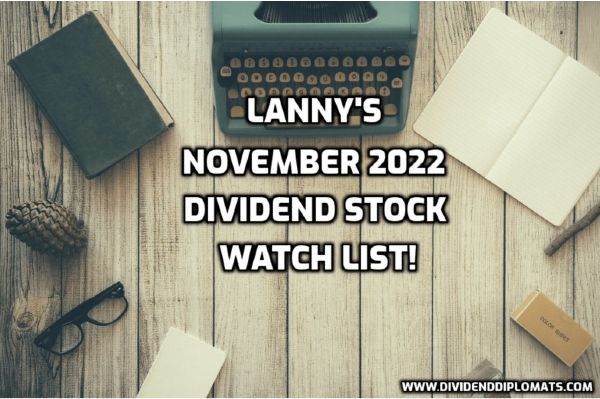

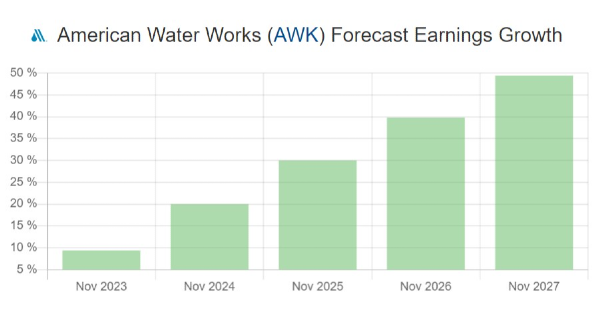


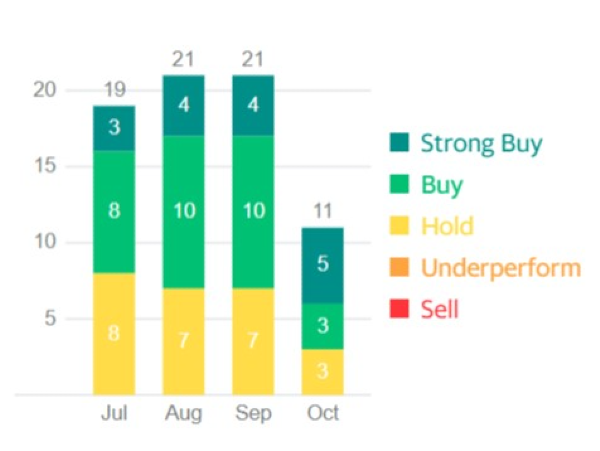






If you enjoy reading this blog, please leave a star rating on WealthTender. Thank you!
The manager of the huge passive balanced fund range is clearly conflicted
I have been writing for a while now about the issue of balanced funds being broken. In 2017, I wrote:
Two weeks ago, I wrote an article in Citywire titled Wealth Managers May Need A Complete Rethink about the inverted performance of risk rated funds. In between I've made numerous mention of the issue relating to bonds, one suggesting that they could represent The Next Mis-selling Scandal and, half seriously, that "Any adviser who put their clients into...Gilts, Treasuries, Bunds or JGBs, should be praying that their public liability insurance has been kept up to date."
Anyway, it's nice that the mainstream media is finally picking up on the story - see yesterday's FT article Vanguard’s low-risk UK strategies upended in 2022 market storm (subscription required).
The article states that "Vanguard’s £35bn UK Life Strategy funds range has been wrongfooted by simultaneous falls in bonds and stocks this year, leaving supposedly low risk portfolios nursing heavier losses than racier options." It is correct that the funds have been wrongfooted but it is not quite true that the falls in bonds and stocks this year have been "simultaneous". The falls in bonds have been much worse, which is why the supposedly low risk Vanguard funds that hold lots of bonds have fallen much more than the 'high risk' funds that don't. And not just this year but since mid-2020.
According to the article:
Mr Norton seems to think that this year's inverted bond/equity performance is an exception, recommending that investors hold their nerve. I would urge Mr Norton to take a look at how US balanced funds performed from 1965 to 1981: a low risk 80% bonds fund was down 45% in real terms, a high risk 20% bonds just 11%. 16 years is rather longer than 1 year.
As for Vanguard's research that he cites, I'd love to know whether it goes back far enough to be able to incorporate the last period of horrific bond performance from 1965 to 1981. Given its conclusion, I very much doubt it.
The article goes on:
It is tragic that retirees are losing big at the very moment that they can least afford to. What if Mr Norton is wrong about this being a one year aberration? What then?
Next, the article notes that:
The amount of money that has poured into passive funds, whether Vanguard's LifeStrategy funds, Blackrock's Consensus funds or others, is staggering. The companies are clearly conflicted when it comes to communicating messages about how long they think the poor bond performance will last.
Following the focus on Vanguard, the article then cites Kevin Doran at AJ Bell:
I would very much like to see the model on which Mr Doran's "once in a hundred years" comment is based. My guess is that it takes bonds' low short term volatility, assumes bond returns are normally distribution, and on that basis calculates the probability of a 12.5% fall over one year. If this is the case, the calculation is completely wrong. Bonds are always going to be lowly volatile on a short term basis so that is never going to give you any idea of what they can do on a multi-year basis - and indeed what they have done in the past. Rather than use short-term volatility, I would suggest to Mr Doran that he calculates volatility based on real 30 year returns, in which case he will find not only that 12.5% falls happen more often than once in a hundred years but that every few decades there can be a 10-15 year period in which bonds fall 60% in real terms.
The article finishes with:
First, I suspect Vanguard's investment committee is not taking account of what happens in sustained periods of high inflation as I think it should. Second, waiting for confirmation of "a fundamental shift in the market over the long term" will take years, by which time the horse may well have long bolted. Third, as previously mentioned, "positive correlation" could well be the new norm if high inflation persists, something that both history and theory say it might.
As for Mr Dhir's comment about "not moving the goalposts", the reality is that Vanguard has no choice - £35 billion is, after all, quite heavy.
The views expressed in this communication are those of Peter Elston at the time of writing and are subject to change without notice. They do not constitute investment advice and whilst all reasonable efforts have been used to ensure the accuracy of the information contained in this communication, the reliability, completeness or accuracy of the content cannot be guaranteed. This communication provides information for professional use only and should not be relied upon by retail investors as the sole basis for investment.
© Chimp Investor Ltd
Originally Posted in Chimp Investor